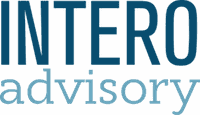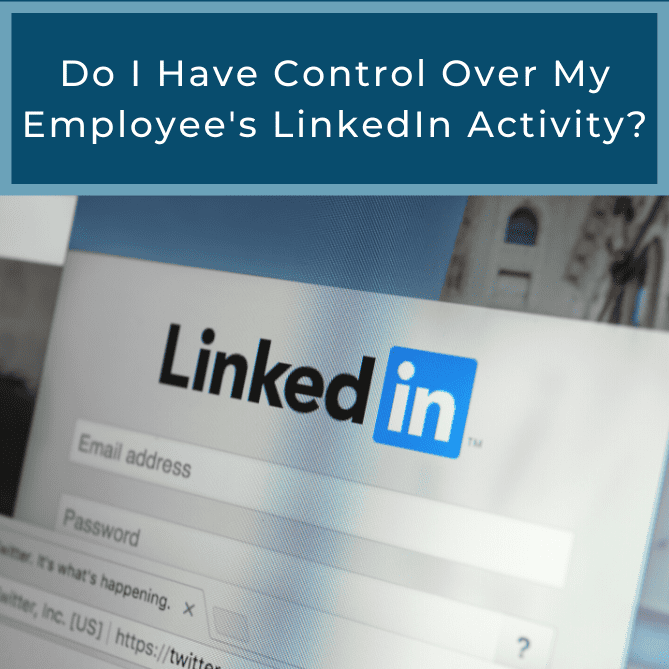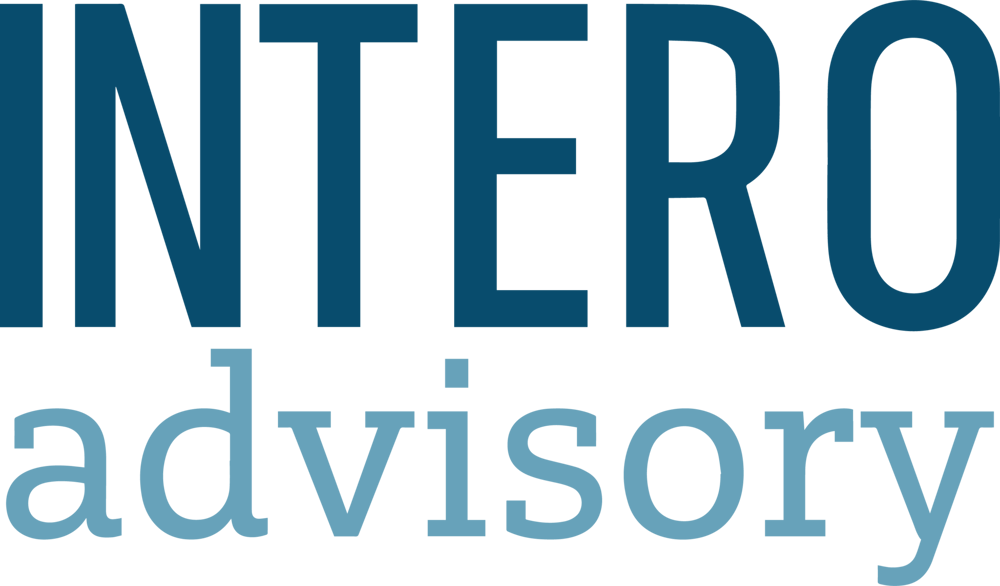Some social platforms bloom early and gain traction quickly. Others gain their momentum in a more controlled way. Platforms are a lot like people. Some peak young and stay the course their entire lives while others stay under the radar and then capture attention later in life.
LinkedIn, often the fair-haired social stepchild, has now surpassed half a billion members. I remember reading that Jeff Weiner, LinkedIn’s CEO, said that scaling is not the millions but rather billions. Today, LinkedIn (now owned by Microsoft) is well on its way to reaching that so-called scale and it’s more important than ever to pay attention to where LinkedIn is going.
In 2011 when I launched Intero Advisory with little more than a 90-minute Lunch ‘n Learn presentation, I had already been an active member for more than four years. I vividly recall the day, late in January, that I thought LinkedIn was finally hitting its tipping point. I also realized there would be a steep learning curve for many people, especially since there would be continual and often rapid change ahead for LinkedIn.
When I read Brian Peters’ article, What Marketers Need to Know About LinkedIn in Entrepreneur, I appreciated seeing all of the stats and numbers.
Peters says:
“What’s most astonishing is how fast LinkedIn has grown over the last six years. Between 2011 and 2017, LinkedIn’s user base grew from 140 million to 500 million — shattering the growth rate in previous periods.”
While I didn’t have a crystal ball back in 2011, I could sense the potential and the enormous opportunity for those who figured it out and stuck with it. After all, you can learn how to play the piano, box, fish, paint, follow a fitness regimen, but if you don’t practice, you quickly forget the nuance, the technique and the strategy that it takes to excel. Social platforms and building a brand is no different.
Over the last six or seven years, LinkedIn has been building a platform that enables professionals to far eclipse looking for a job. It’s become a place for CEOs, thought leaders, influencers, young professionals and regular folks to cultivate their expertise and their professional story. It’s become a platform filled with insight that informs people, businesses, and decisions. If you have tip-toed or played from the sidelines, you may need to consider the missed opportunities. It’s hard to calculate the misses since you may not realize the opportunity. Check out some of our client success stories for some firsthand examples.
Here are a couple of missed opportunities to consider
- You’ve just submitted a proposal to a new prospect. Your buyer or someone on the buying committee (on average, there are 5.4 people involved in every B2B buying decision) go to Google or LinkedIn and search you, your people and your company. The only thing that comes up is your website. All you have are executive bios on your website and, in fact, your site is a bit dated. What impression will your prospect have of you and your company?
- You’ve submitted a renewal agreement or a proposal to a current client. There is a new buyer or leadership team, and even though you’ve been working with them for some time, they don’t know you. They search and don’t see any meaningful information beyond your website. Maybe not the best first impression.
- You need to hire and are looking to bring on a senior person or two and add younger staff. You post a job opening and wait for the job applications to appear, and they don’t. You end up working with a recruiter, and even they have a hard time convincing people they should talk to you. Why? You’ve not given anyone a reason to be impressed or interested in your company. People can’t get a sense of your culture; they don’t see a progressive, forward-thinking company in any of their research.
- Your top salesperson, long-term customer service manager and CFO have all been recruited away to a competitor who has disrupted your industry with technology, marketing and brand awareness that goes beyond features and benefits. You never thought they would leave for a shinier company. They did.
I could go on, but I think you get the idea.
Peters’ article has more data and insight than we can cover in one post. Over the next few weeks and throughout the year, we will highlight some of the milestones that LinkedIn has hit and that are featured on Number Sleuth’s fantastic infographic, Rise of the New LinkedIn: By the Numbers. And, if you’re still somewhat of a skeptic, even some of the analysts who were concerned about Microsoft’s history-making acquisition may be coming around.
See you on our next in:form post. Don’t forget to follow us on LinkedIn, connect with me or jump over and sign up for in:form.




